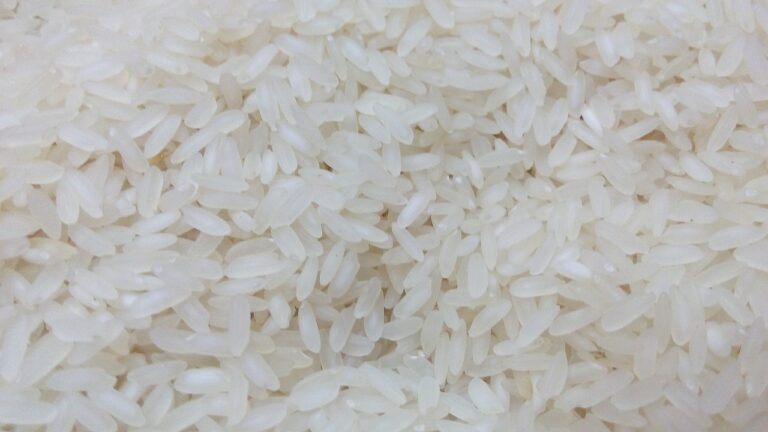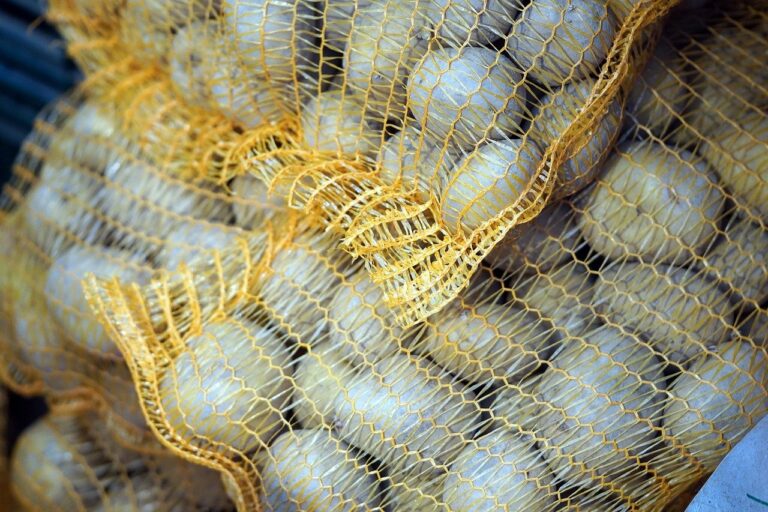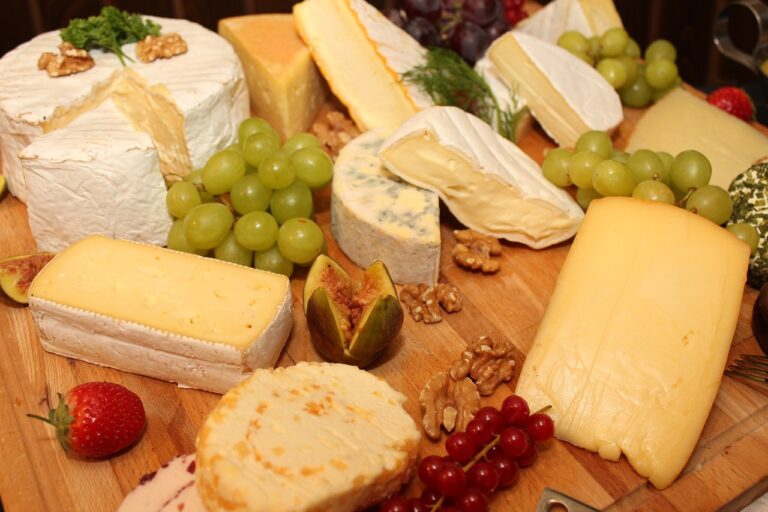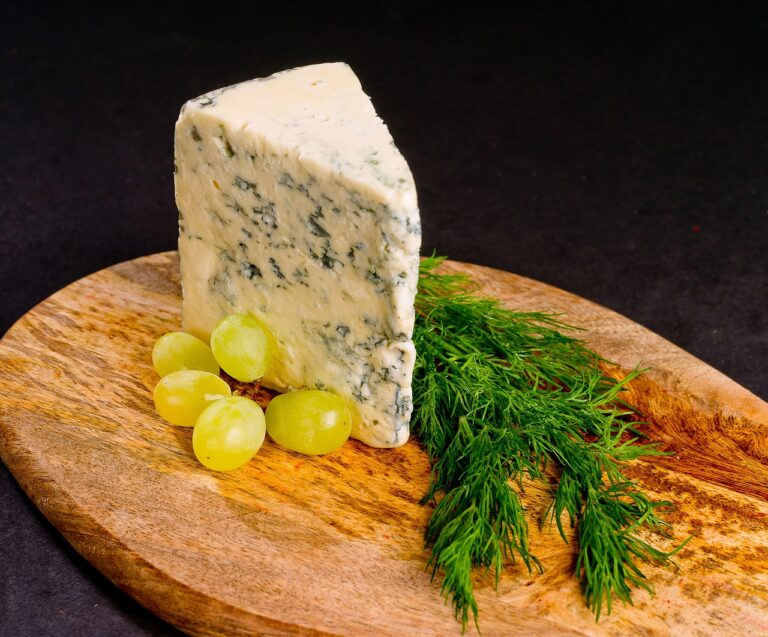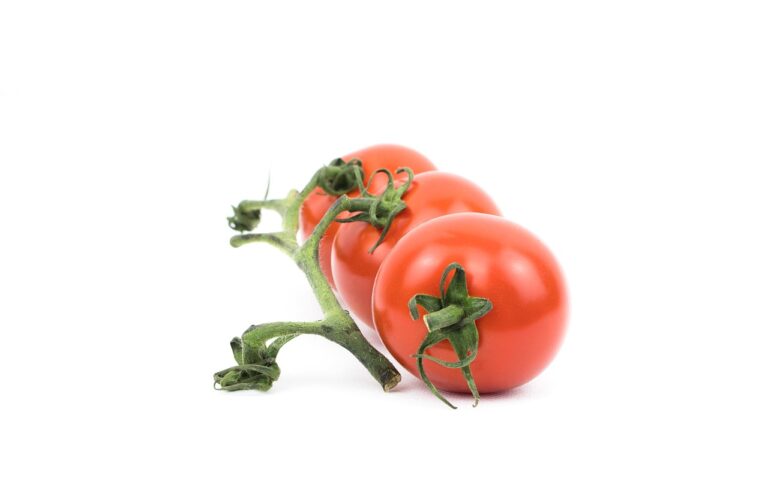Exploring Nut and Seed Processing Techniques in Herbal Medicine Preparations: Allexch login app, 99 exch, All panel login
allexch login app, 99 exch, all panel login: Nut and seed processing techniques are essential in herbal medicine preparations to unlock the full potential of these natural ingredients. By effectively processing nuts and seeds, herbalists can extract valuable nutrients and medicinal properties to create potent remedies for various health conditions.
Traditional methods of nut and seed processing have been used for centuries in herbal medicine. Techniques such as grinding, soaking, sprouting, and fermenting are employed to enhance the bioavailability of nutrients and improve the therapeutic effects of these ingredients. Understanding these processing techniques is crucial for herbalists looking to maximize the efficacy of their remedies.
In this article, we will explore the different nut and seed processing techniques used in herbal medicine preparations, highlighting their benefits and how they can be effectively incorporated into your practice. From grinding nuts into powders to fermenting seeds for increased nutrient absorption, there are many ways to harness the healing power of these natural ingredients.
**Grinding Nuts and Seeds**
Grinding nuts and seeds is a common processing technique used in herbal medicine preparations. By grinding nuts into powders or pastes, herbalists can extract the oils and nutrients contained within the nuts, making them more readily available for the body to absorb. This method is often used to create nut butter, which can be added to herbal remedies for its nourishing and healing properties.
**Soaking Nuts and Seeds**
Soaking nuts and seeds is another important processing technique that herbalists use to improve the digestibility and bioavailability of these ingredients. Soaking nuts and seeds in water helps to break down anti-nutrients and enzyme inhibitors, making the nutrients more accessible to the body. This method is particularly useful for people with digestive issues or sensitivities to nuts and seeds.
**Sprouting Nuts and Seeds**
Sprouting nuts and seeds is a process that involves germinating the seeds by soaking them in water and allowing them to sprout. Sprouting nuts and seeds increases their nutrient content and digestibility, making them more bioavailable and easier for the body to absorb. This method is often used in herbal medicine preparations to enhance the therapeutic effects of nuts and seeds.
**Fermenting Nuts and Seeds**
Fermenting nuts and seeds is a traditional processing technique that has been used for centuries in herbal medicine. Fermentation helps to break down complex carbohydrates and proteins in nuts and seeds, making them easier to digest and increasing their nutrient content. Fermented nuts and seeds also contain probiotics, which are beneficial for gut health and overall well-being.
**Roasting Nuts and Seeds**
Roasting nuts and seeds is a common processing technique that is used to enhance the flavor and aroma of these ingredients. Roasting nuts and seeds can also help to break down anti-nutrients and improve digestibility. However, roasting at high temperatures for extended periods can destroy some of the beneficial nutrients and oils in nuts and seeds, so it is important to roast them gently and for short periods of time.
**Extracting Oils from Nuts and Seeds**
Extracting oils from nuts and seeds is a popular processing technique that herbalists use to harness the potent properties of these ingredients. Cold-pressing nuts and seeds to extract their oils preserves the nutrients and therapeutic compounds, making them ideal for use in herbal medicine preparations. Nuts and seeds oils are rich in essential fatty acids, vitamins, and antioxidants, making them valuable additions to herbal remedies.
**Incorporating Nut and Seed Processing Techniques into Herbal Medicine**
Understanding and incorporating nut and seed processing techniques into your herbal medicine practice can help you create more potent and effective remedies for your clients. Whether you are grinding nuts into powders, soaking seeds to improve digestibility, or fermenting ingredients to enhance nutrient absorption, these techniques can enhance the therapeutic effects of your herbal preparations.
Experimenting with different processing methods and finding what works best for each herb and ingredient can help you unlock the full potential of nuts and seeds in your herbal medicine preparations. By incorporating these techniques into your practice, you can create powerful remedies that support health and well-being.
**FAQs**
1. **Are processed nuts and seeds as nutritious as whole nuts and seeds?**
Processed nuts and seeds can still be nutritious, depending on the processing method used. Methods like grinding, soaking, and sprouting can enhance the bioavailability of nutrients, making them more accessible to the body. However, roasting nuts and seeds at high temperatures for extended periods can reduce their nutrient content.
2. **Can I use processed nuts and seeds in all herbal medicine preparations?**
Processed nuts and seeds can be used in a variety of herbal medicine preparations, depending on the desired outcome. Grinding nuts into powders, soaking seeds, or fermenting ingredients can enhance the therapeutic effects of remedies. It is essential to understand the specific properties of each nut and seed and how processing techniques can optimize their benefits.
3. **How do I know which processing technique to use for different nuts and seeds?**
Experimenting with different processing techniques and observing the effects on the final product can help you determine which method works best for each nut and seed. Factors such as the desired outcome, flavor profile, and therapeutic properties of the ingredient can influence your choice of processing technique.
4. **Can I combine multiple processing techniques for nuts and seeds in herbal medicine preparations?**
Combining multiple processing techniques, such as soaking, sprouting, and fermenting, can enhance the nutrient content and therapeutic effects of nuts and seeds in herbal remedies. However, it is essential to understand how each processing method interacts with the others and to ensure that the final product aligns with your desired outcome.
Exploring nut and seed processing techniques in herbal medicine preparations is a valuable way to maximize the healing potential of these natural ingredients. By understanding the benefits of grinding, soaking, sprouting, fermenting, and other processing methods, herbalists can create potent remedies that support health and well-being. Incorporating these techniques into your practice can help you unlock the full potential of nuts and seeds in herbal medicine and create effective remedies for various health conditions.


